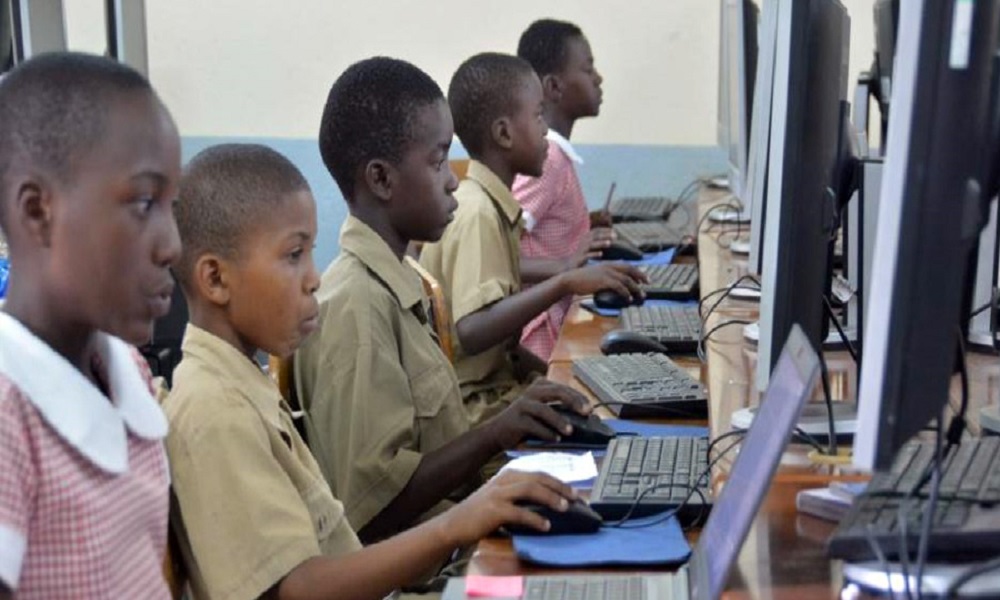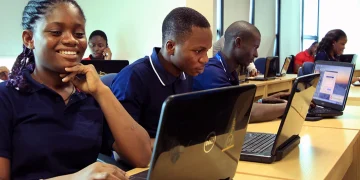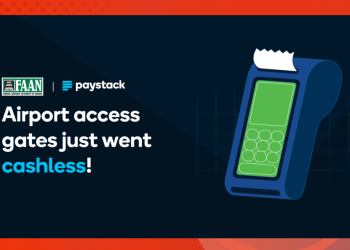Nigeria has taken a decisive step toward equipping its young population for the digital economy. With the inclusion of Digital Literacy and Coding at the junior secondary level, and Digital Technologies alongside Technology & Innovation at the senior secondary level, the country is embedding practical technology education into its curriculum. This policy marks a shift from theory-based instruction to future-focused learning, with the potential to shape a new generation of Nigerian innovators.
A Curriculum for the Digital Era
The addition of these subjects signals recognition of the central role technology plays in economic growth. Digital Literacy and Coding introduces students early to the fundamentals of programming and digital skills. At the senior secondary level, Digital Technologies is compulsory, while Technology & Innovation expands the scope to include artificial intelligence, robotics, data science, cybersecurity, and digital entrepreneurship. Together, they provide a structured pathway for students to gain hands-on skills relevant to modern industries.
Early Exposure to Coding and Innovation
By teaching coding and digital problem-solving in junior school, Nigeria enables teenagers to experiment with technology while their creativity is at its peak. Students can design simple programmes, build prototypes, and understand the logic behind everyday systems. This early exposure means that by the time they progress to senior secondary, they already have a foundation for tackling more advanced concepts in AI, data science, and innovation.
Building Future Careers
Nigeria’s economy is rapidly digitalising. Demand for skills in software development, cybersecurity, and data management is outpacing supply. With Digital Technologies and Technology & Innovation in the curriculum, students graduate with skills that are not only employable but globally competitive. This creates a workforce ready to enter fast-growing fields such as fintech, healthtech, and digital commerce, while also opening opportunities for global remote work.
Shaping a Problem-Solving Mindset
The benefit of coding and innovation subjects goes beyond technical know-how. They encourage critical thinking, logical reasoning, and creativity. Students are trained to see challenges as solvable through structured solutions. This shift in mindset could change how young Nigerians approach social and economic challenges, from improving access to health care to building digital tools for education.
Challenges to Implementation
The policy is ambitious but faces hurdles:
- Infrastructure gaps: Many schools still lack reliable electricity, internet, or computer labs.
- Teacher capacity: There is a need for thousands of qualified teachers who can teach coding, AI, and digital tools effectively.
- Curriculum quality: The content must stay aligned with global industry standards to remain relevant.
Addressing these challenges will determine how much impact the new subjects can have.
Long-Term Impact
If fully implemented, these subjects could transform Nigeria’s education-to-industry pipeline. Secondary school graduates will no longer leave with only theoretical knowledge but with practical digital skills. Over time, this can lead to:
- A surge in youth-led startups and innovation hubs.
- Greater participation of Nigerians in the global digital economy.
- Homegrown solutions in fintech, healthtech, edtech, and other sectors.
- Stronger progress toward Nigeria’s Vision 2030 goals of a diversified, innovation-driven economy.
The introduction of Digital Literacy and Coding, Digital Technologies, and Technology & Innovation into the Nigerian secondary school curriculum is a landmark reform. It equips young people with tools to innovate, compete, and create.
















